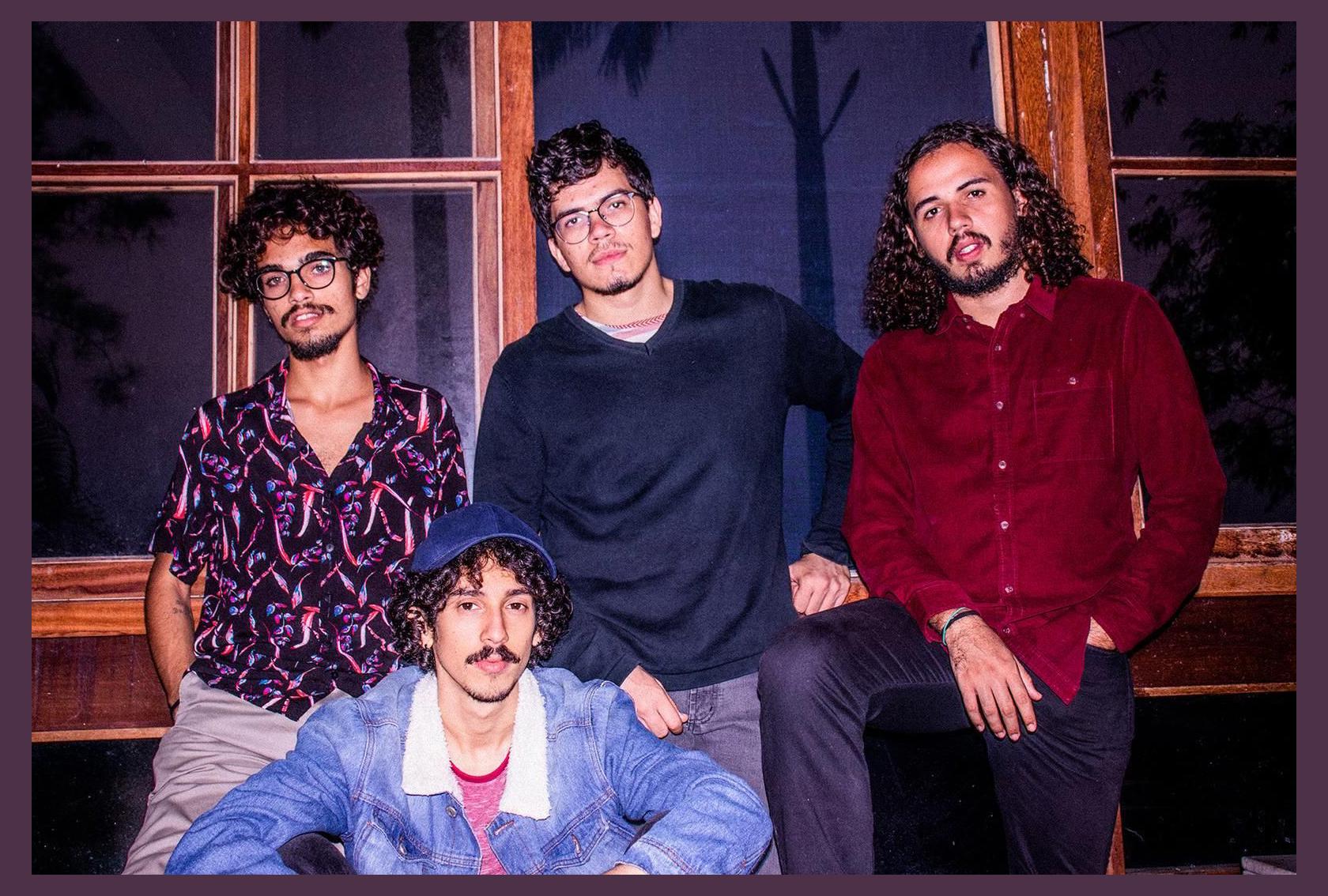 Yuri e Os Terráqueos
Yuri e Os Terráqueos
Yuri e Os Terráqueos: The Enigmatic Brazilian Band and Their Iconic Song, "A Rosa"
In the vibrant tapestry of Brazilian music, Yuri e Os Terráqueos emerged as a enigmatic and influential band. Their ethereal soundscapes and enigmatic lyrics left an enduring mark on the musical landscape of their homeland.
Formation and Early Years
Yuri e Os Terráqueos was formed in 1984 in the coastal city of Rio de Janeiro. The band's nucleus consisted of Yuri Popoff, the enigmatic and prolific singer-songwriter, and Osiris Guimarães, the skilled guitarist and musical director. Their unique musical style, a blend of post-punk, electronica, and experimental rock, set them apart from the mainstream.
Challenges and Controversies
Throughout their career, Yuri e Os Terráqueos faced numerous challenges. Their experimental and provocative music often drew criticism from conservative circles, particularly the religious establishment. The band's outspoken lyrics and unconventional performances also sparked controversy. However, they remained resolute in their artistic vision.
Discography
Yuri e Os Terráqueos released a series of critically acclaimed albums:
* Para Sempre Vale a Pena Viver Mais um Dia (1987): Their debut album showcased their eclectic sound, featuring the haunting track "A Rosa."
* A Seta e o Alvo (1990): A more mature and introspective album, exploring themes of love, loss, and spirituality.
* O Último Sopro (1995): Their final album, a complex and experimental work that marked a departure from their earlier sound.
Members
* Yuri Popoff: Vocals, songwriting
* Osiris Guimarães: Guitar, musical director
* Roberto Muniz: Bass
* Marco Suzano: Drums
* Marcelo Gomes: Keyboards
The Song: "A Rosa"
"A Rosa" (The Rose), released in 1987, became Yuri e Os Terráqueos' most iconic song. Its haunting melody, enigmatic lyrics, and ethereal soundscape resonated deeply with listeners. The song explores themes of love, hope, and the fragility of life. Its popularity extended beyond Brazil, becoming a cult classic in other parts of the world.
Legacy
Yuri e Os Terráqueos' music continues to inspire and influence musicians and fans alike. Their experimental spirit and enigmatic lyrics have left an indelible mark on Brazilian music. Despite their dissolution in 1996, their legacy lives on through their enduring discography and the enduring popularity of "A Rosa."
In the vibrant tapestry of Brazilian music, Yuri e Os Terráqueos emerged as a enigmatic and influential band. Their ethereal soundscapes and enigmatic lyrics left an enduring mark on the musical landscape of their homeland.
Formation and Early Years
Yuri e Os Terráqueos was formed in 1984 in the coastal city of Rio de Janeiro. The band's nucleus consisted of Yuri Popoff, the enigmatic and prolific singer-songwriter, and Osiris Guimarães, the skilled guitarist and musical director. Their unique musical style, a blend of post-punk, electronica, and experimental rock, set them apart from the mainstream.
Challenges and Controversies
Throughout their career, Yuri e Os Terráqueos faced numerous challenges. Their experimental and provocative music often drew criticism from conservative circles, particularly the religious establishment. The band's outspoken lyrics and unconventional performances also sparked controversy. However, they remained resolute in their artistic vision.
Discography
Yuri e Os Terráqueos released a series of critically acclaimed albums:
* Para Sempre Vale a Pena Viver Mais um Dia (1987): Their debut album showcased their eclectic sound, featuring the haunting track "A Rosa."
* A Seta e o Alvo (1990): A more mature and introspective album, exploring themes of love, loss, and spirituality.
* O Último Sopro (1995): Their final album, a complex and experimental work that marked a departure from their earlier sound.
Members
* Yuri Popoff: Vocals, songwriting
* Osiris Guimarães: Guitar, musical director
* Roberto Muniz: Bass
* Marco Suzano: Drums
* Marcelo Gomes: Keyboards
The Song: "A Rosa"
"A Rosa" (The Rose), released in 1987, became Yuri e Os Terráqueos' most iconic song. Its haunting melody, enigmatic lyrics, and ethereal soundscape resonated deeply with listeners. The song explores themes of love, hope, and the fragility of life. Its popularity extended beyond Brazil, becoming a cult classic in other parts of the world.
Legacy
Yuri e Os Terráqueos' music continues to inspire and influence musicians and fans alike. Their experimental spirit and enigmatic lyrics have left an indelible mark on Brazilian music. Despite their dissolution in 1996, their legacy lives on through their enduring discography and the enduring popularity of "A Rosa."